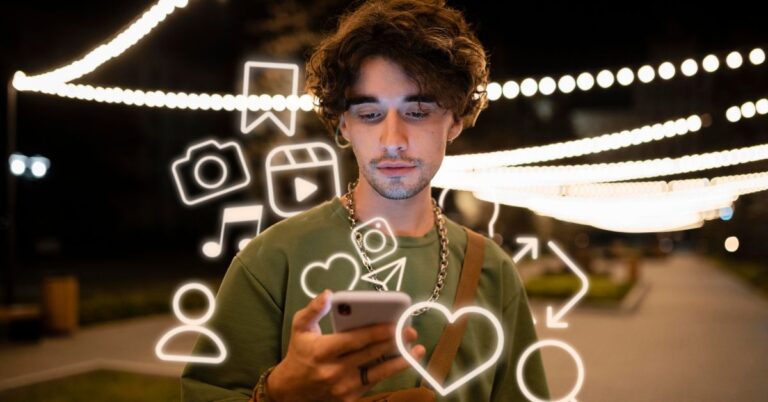Social media today feels crowded. Algorithms decide what we see. The same few voices keep showing up. Meanwhile, new creators struggle to be noticed.
But what if the power shifted?
What if no single company controlled what trends or what disappears? That’s where decentralized content discovery enters the picture. It’s gaining traction, and people are starting to notice.
What Is Decentralized Content Discovery?
Right now, platforms like Instagram, TikTok, and YouTube use central systems to control what content gets promoted. Their algorithms filter, rank, and prioritize posts based on engagement, watch time, and what’s popular.
But decentralized content discovery flips that model. It means no single platform or authority decides what goes viral. Instead, the control spreads out. Content is shared and discovered through networks that work without a central boss.
Imagine finding a video not because TikTok pushed it to your feed but because a community you trust shared it directly. That’s the core idea.
Why People Are Pushing for Decentralization
Creators are tired.
They put in the effort, but their reach depends on platform decisions. One update, and their visibility drops. Monetization is also limited. Platforms take big cuts, show ads, and hold data.
Decentralized systems offer something different. They let creators share their work without being filtered or buried. Their followers see content directly. It removes middlemen. It brings back fairness.
For users, it means more control. They can explore content based on personal interests or community votes, not an unknown algorithm.
How Does It Actually Work?
Decentralized content platforms often use blockchain or peer-to-peer networks. Every post, video, or image lives across a network of users instead of one company server.
Discovery happens through tokens, reputation scores, or user-curated feeds. People vote, recommend, and surface content together. Popularity doesn’t depend on one platform’s choice but on what the network finds valuable.
Think of it like Reddit, but spread out across the internet. Or YouTube, but owned by the creators and viewers themselves.
Current Examples Leading the Way
New platforms are popping up that support this approach. Some let creators earn directly from fans using crypto tips or tokens. Others let users vote on trending posts without interference.
A few apps even allow full ownership of your profile, meaning you can take your content and audience with you anywhere. No bans. No deleted accounts. No sudden reach cuts.
It’s early. These platforms are still growing. But the idea is catching on.
What’s the Catch?
Decentralization sounds great, but it comes with challenges.
Without moderation, harmful or false content might spread faster. Some users may misuse freedom. Also, because it’s new, not everyone understands how to use these platforms yet.
Plus, without big ad money behind them, it’s harder for these apps to grow fast. They rely on community support, donations, or crypto-based funding.
Still, many believe the trade-off is worth it. More freedom. More fairness. More power in the hands of users and creators.
So, Is It the Future?
It could be.
Decentralized content discovery offers a new way to share online. A way that gives more control to people. It’s not perfect yet, but the idea is strong.
Creators want freedom. Viewers want choice. Communities want trust.
And if these platforms keep improving, this new model might not just be the future.
It might be the better future.

